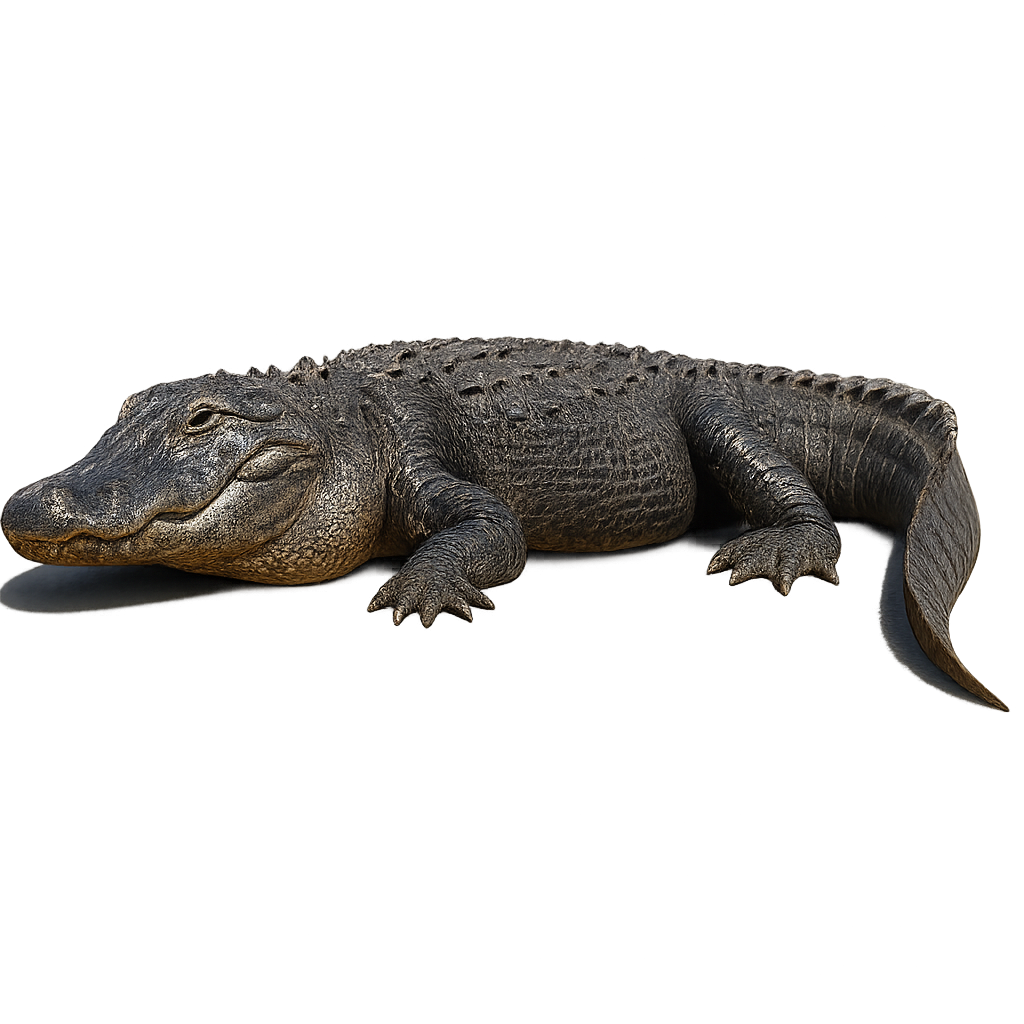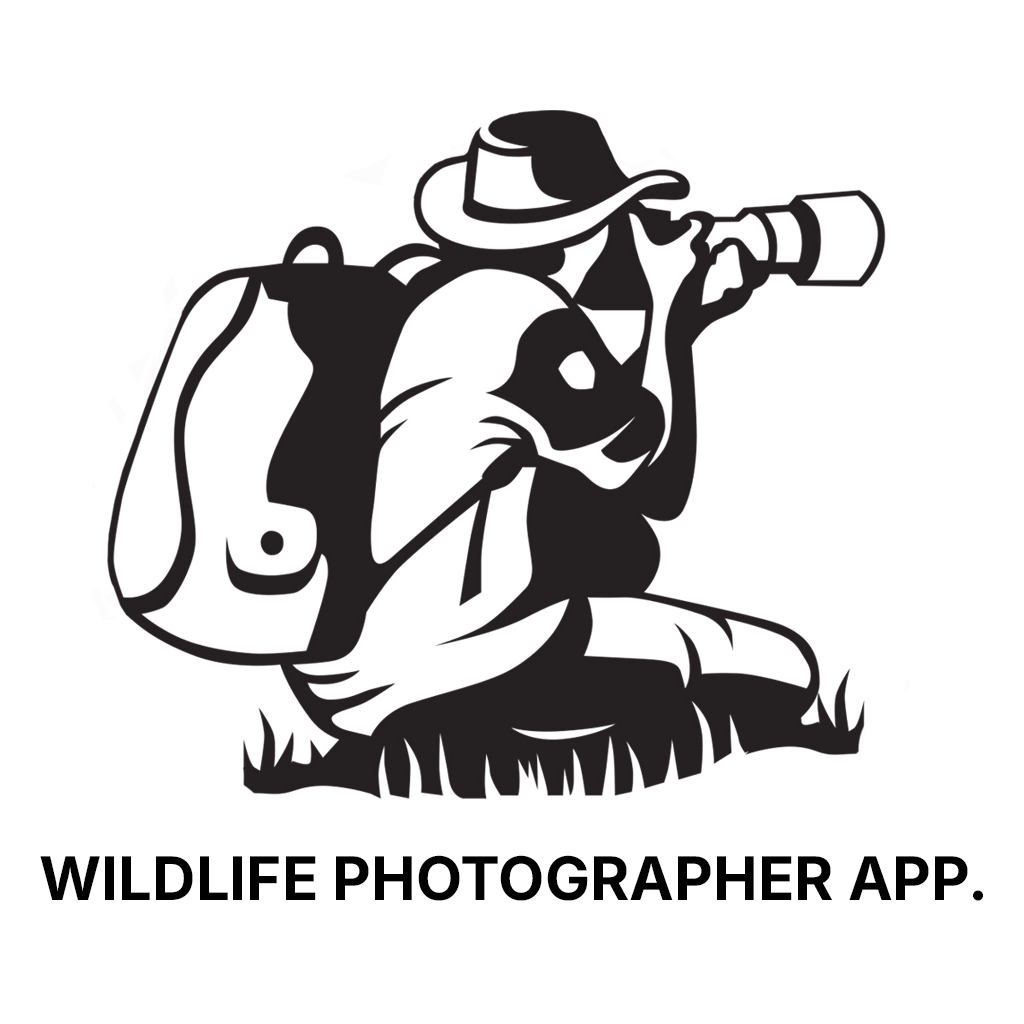Observe and photograph a species in its natural habitat
Learn where and when to observe a species in the wild, how to recognize it in the field, and what habitats it lives in. Get photography tips adapted to its behavior and capture stunning images without disturbing the animal. For full details, open the complete profile in the WildlifePhotographer app.
Alligator
Scientific name: Alligator mississippiensis

IUCN Status: Least Concern
Family: ALLIGATORIDAE
Group: Reptile
Shyness: Suspicious
Safe distance: 10 m
Breeding season / Courtship: 01.04-30.06
Gestation: 2 à 3 mois
Births: 01.08-30.09
Habitat:
Marshes, lakes, rivers, and freshwater wetlands
Description:
The American Alligator, often simply referred to as the Mississippi Alligator, is an imposing and formidable reptile, easily recognizable by its dark skin and sharp eyes. It primarily inhabits the swamps, rivers, and lakes of the southeastern United States, where it is a top predator in the food chain. The alligator is an opportunistic hunter, feeding on fish, birds, small mammals, and even carrion. It has a remarkable ability to adapt and can survive in various environments, from freshwater swamps to salty coastal areas.
During the breeding season, males emit powerful calls that echo through the swamps to attract females, and nests are built in strategic locations to maximize egg protection.
Recommended lens:
>=200 mm
Photography tips:
Use a telephoto lens to photograph the alligator safely. They are often more active at dusk or dawn. Stay vigilant and maintain a safe distance to avoid disturbing them, especially during the breeding season.
Ready to take action?
Choose your platform and start your free trial today



